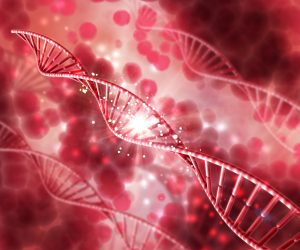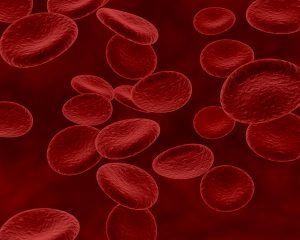A person’s blood type is a classification used by doctors and medical technologists to group individuals based on their blood composition. This is critical in cases requiring blood transfusions to prevent adverse reactions.
In reality, the different blood types arise from a slight molecular variation in the structure of red blood cells. There are four primary blood types: A, B, AB, and O, though rarer types have also been discovered.
How Can You Know Your Blood Type?

Your blood type is typically documented in your medical records. If you have a regular doctor, clinic, or hospital, you can inquire about it there. Alternatively, a simple test can determine your blood type. Blood donors often receive a donor card that includes their blood type.
How Is Blood Type Inherited?
The inheritance of blood type is not straightforward. Each person carries two genes—one from each parent—that determine their blood type. There are three gene variations: A, B, and O. The O gene is recessive, meaning it doesn’t dominate over A or B. For instance, if A and O combine, the blood type will be A.
Here’s a chart showing possible blood types based on parental types:
- A and A: A, O
- A and B: A, B, AB, O
- A and O: A, O
- B and B: B, O
- B and O: B, O
- O and O: O
What Does the “+” or “-” in a Blood Type Mean?
The “+” or “-” signifies the presence or absence of the Rhesus (Rh) factor, another variation in red blood cells. In some countries, Rh compatibility is crucial; for example, Rh-positive blood cannot be transfused to Rh-negative individuals, though the reverse is possible. In the Philippines, Rh-negative blood is exceedingly rare, with nearly all Filipinos being Rh-positive. This rarity poses challenges for Filipinos with Rh-negative blood types.
What Is the Most Common Blood Type?

A study conducted at UP Diliman revealed the distribution of blood types in the Philippines as follows:
- Blood Type A: 27.45%
- Blood Type B: 25.49%
- Blood Type O: 41.18%
- Blood Type AB: 5.88%
Implications of Blood Type in Transfusions
The compatibility of blood transfusions depends on the component being transfused.
For red blood cells (RBCs):
- Type A: Can receive from A and O
- Type B: Can receive from B and O
- Type AB: Can receive from A, B, and O
- Type O: Can receive from O only
For plasma:
- Type A: Can receive from A and AB
- Type B: Can receive from B and AB
- Type AB: Can receive from AB only
- Type O: Can receive from A, B, AB, and O
These are general guidelines; doctors and medical technologists must still verify compatibility for each case.
If you have a rare blood type, finding donors can be more challenging. Knowing compatible donors, especially if you have AB or Rh-negative blood, is critical in emergencies.
Does Blood Type Affect Personality?
No. While countries like Japan and Korea have cultural beliefs linking blood type to personality, there is no scientific evidence to support this. Blood type does not influence one’s behavior, character, or any aspect of physical or emotional life.


